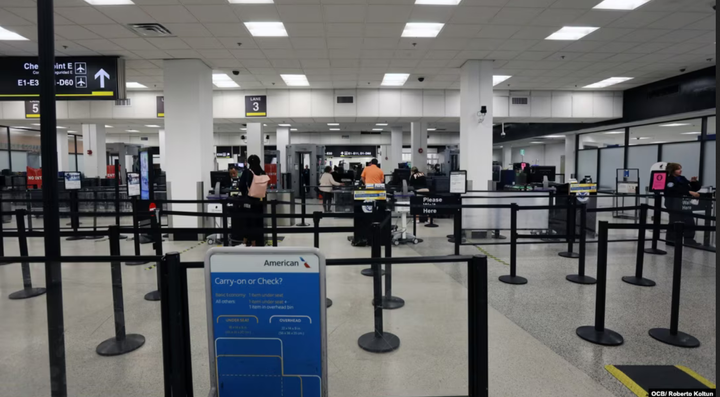USCIS increases the fees for forms that require expedited processing
The increase in cost is due to an adjustment for inflation

The United States Citizenship and Immigration Services (USCIS) announced an increase in fees for Form I-907 (Request for Premium Processing Service), as part of an adjustment due to inflation.
The USCIS Stabilization Act had maintained the fees for such processing unchanged for three years since its approval. However, the Department of Homeland Security (DHS) decided to make an adjustment to reflect the inflation accumulated from June 2021 to June 2023.
These changes will come into effect starting February 26, 2024. From that day on, USCIS will reject any Form I-907 with a postmark dated that day onward if the filing fee is incorrect.
In the case of submissions sent by commercial courier, the postmark date will be the one reflected on the courier company’s receipt. The measure will apply to the processing of Nonimmigrant Worker Petition, Immigrant Foreign Worker Petition, Application to Extend or Change Nonimmigrant Status, and Application for Employment Authorization.
The adjustment increases certain premium processing fees from 1,500 dollars (USD) to 1,685; 1,750 to 1,965 USD, and 2,500 to 2,805. To learn more details about the cost changes, you can visit this link from the U.S. agency.
Premium Processing has been presented as a way to expedite the handling of applications, offering faster responses than traditional processes. For those who have attempted to obtain nonimmigrant visas through Form I-129, such as the L1 Visa or E2 Visa, this option has been a welcome solution to reduce waiting periods, which have historically been two to three months.
The increase in premium processing fees is justified as a means to finance services in the field, improve adjudication processes and reduce delays in the processing of benefit applications, in addition to supporting USCIS adjudication and naturalization procedures.
Although Premium Processing provides an expedited path to obtaining responses, it is essential to consider that, occasionally, the agency may request clarifications or additional documentation.
These requests for clarification, while they may seem challenging, also provide applicants with the opportunity to strengthen their records and ensure that their application is complete and properly supported.




Comments ()